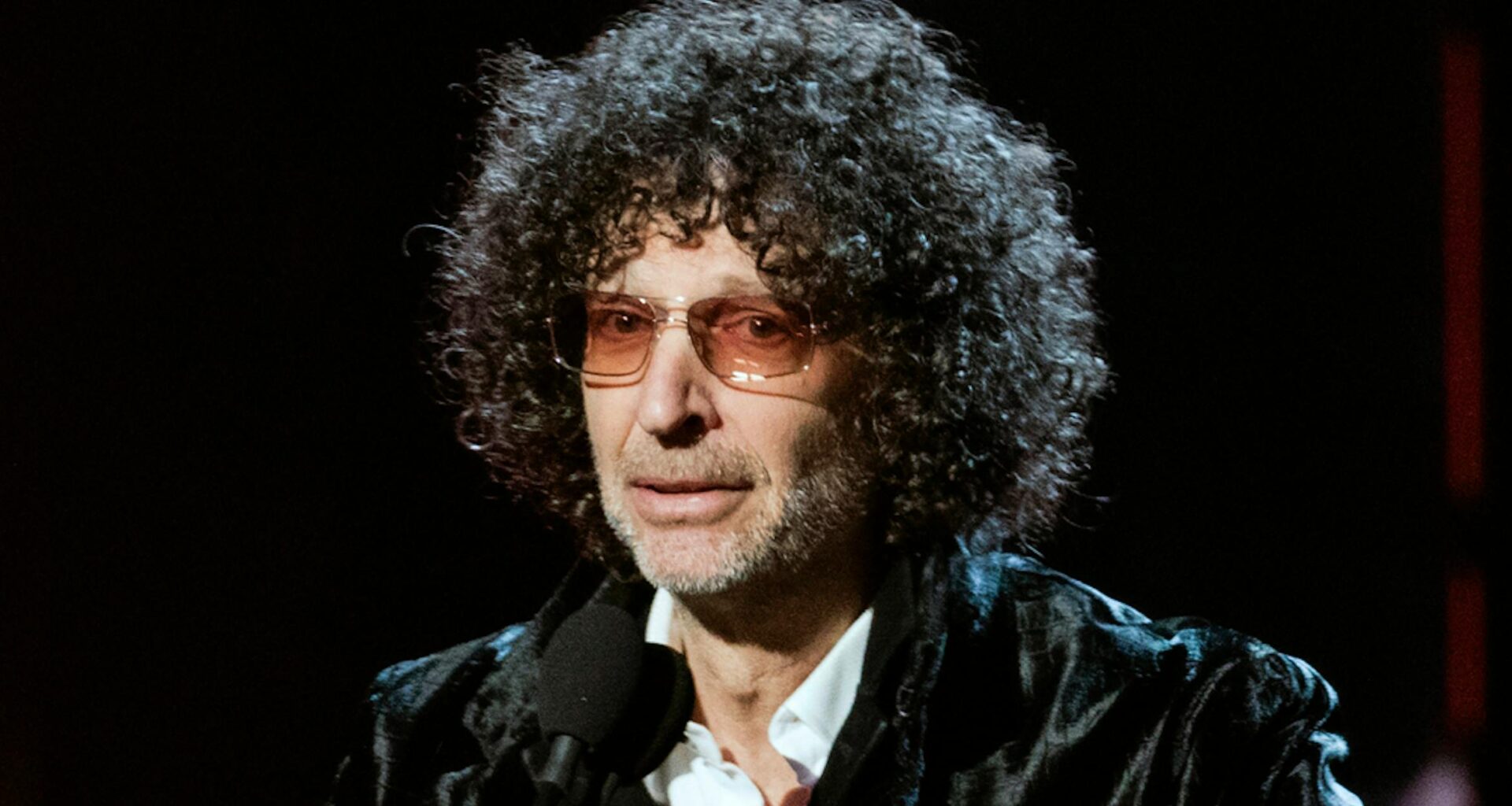NEW YORK — Howard Stern, the popular and highly paid radio host, returned to SiriusXM’s airwaves Monday after trolling listeners into thinking he had departed his long-running show.
Stern, 71, who evolved from his shock jock origins to become a respected interviewer, enlisted a seemingly flustered Andy Cohen at the top of ”The Howard Stern Show” to pretend to be his successor. ”This was supposed to be a cleaner hand off. I’m kind of winging it,” said Cohen.
Stern then came on the air and thanked the Bravo personality, who has his own SiriusXM show and podcast, for agreeing to do the bit. The stunt was the culmination of weeks of promos that promised a big reveal, following swirling speculation that Stern’s show would be canceled. ”The tabloids have spoken: Howard Stern fired, canceled,” one promo video said. ”Is it really bye-bye Booey?” The speculation grew after Stern postponed his return from a summer break last week.
While he did return Monday, Stern did not announce that he had reached a new contract with SiriusXM. His current deal expires at the end of 2025.
”Here’s the truth: SiriusXM and my team have been talking about how we go forward in the future. They’ve approached me, they’ve sat down with me like they normally do, and they’re fantastic,” Stern said.
Stern joining what was then Sirius Satellite Radio Inc. in 2006 made him one of the highest-paid personalities in broadcasting and was a game-changer for both the company and the nascent satellite radio industry. His importance was highlighted on the SiriusXM homepage — tabs included For You, Music, Talk & Podcasts, Sports and Howard.
SiriusXM in the years after Stern joined has become home to top podcasts ”Call Her Daddy,” ”SmartLess,” ”Freakonomics Radio,” ”Last Podcast on the Left,” ”99% Invisible” and ”Conan O’Brien Needs a Friend” and features such personalities as Trevor Noah, Kevin Hart and Stephen A. Smith.
But SiriusXM’s subscriber base has been slowly contracting, with the company reporting 33 million paid subscribers in the second quarter of 2025, a net loss of 68,000 from the first quarter and 100,000 fewer than the same period in 2024. It is a battling a saturated satellite market and competition from free, ad-supported platforms like Spotify.

